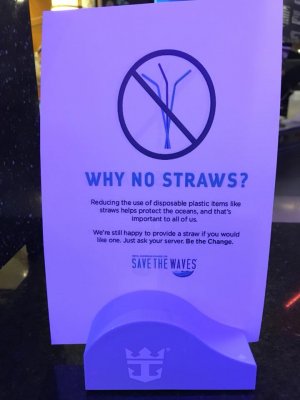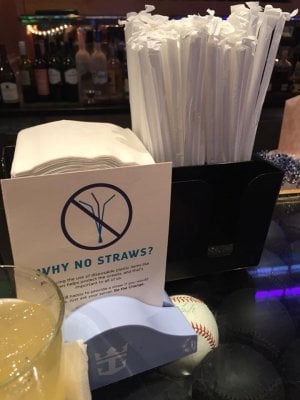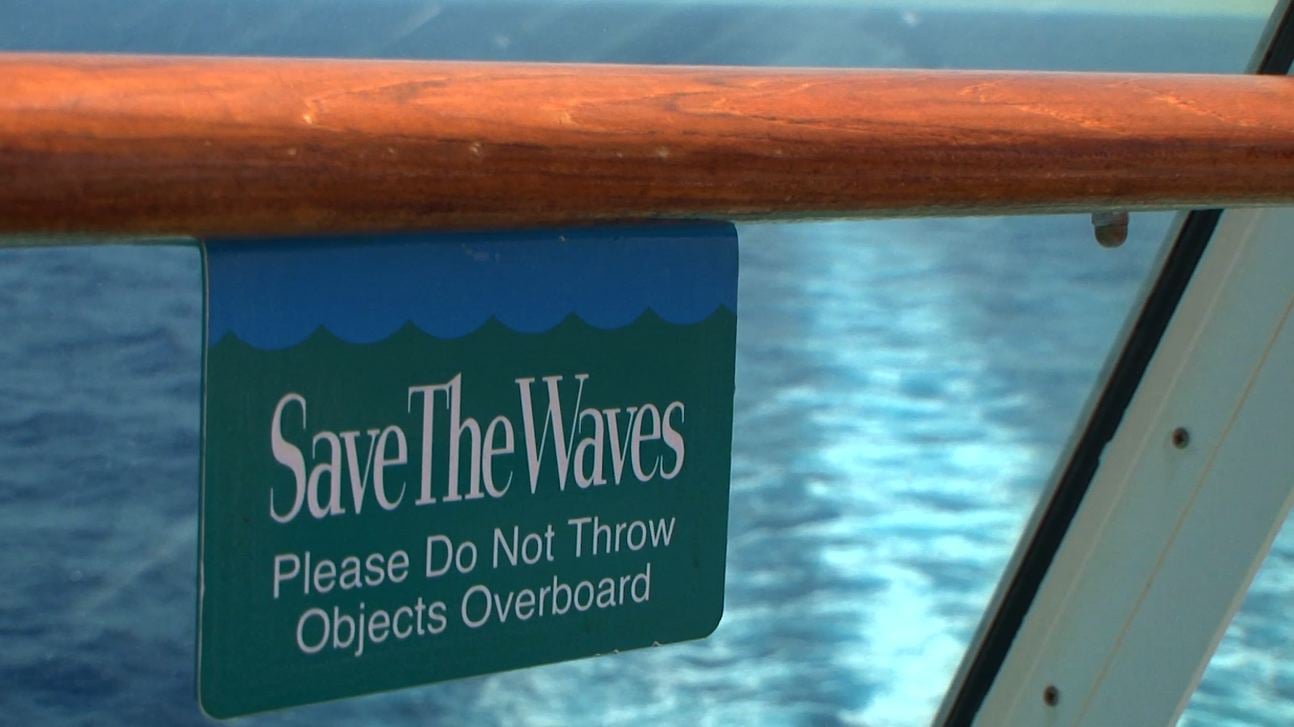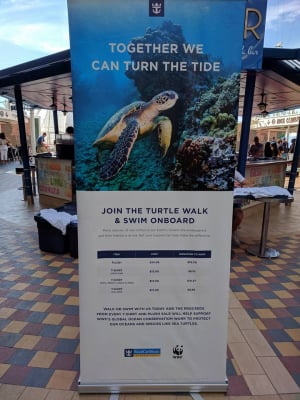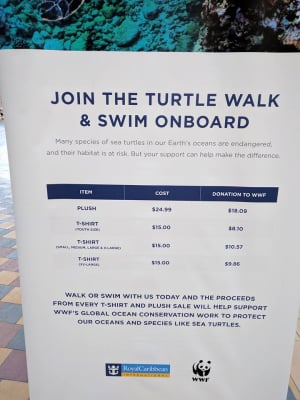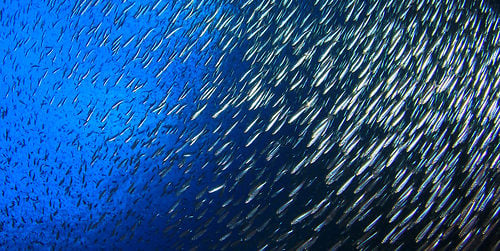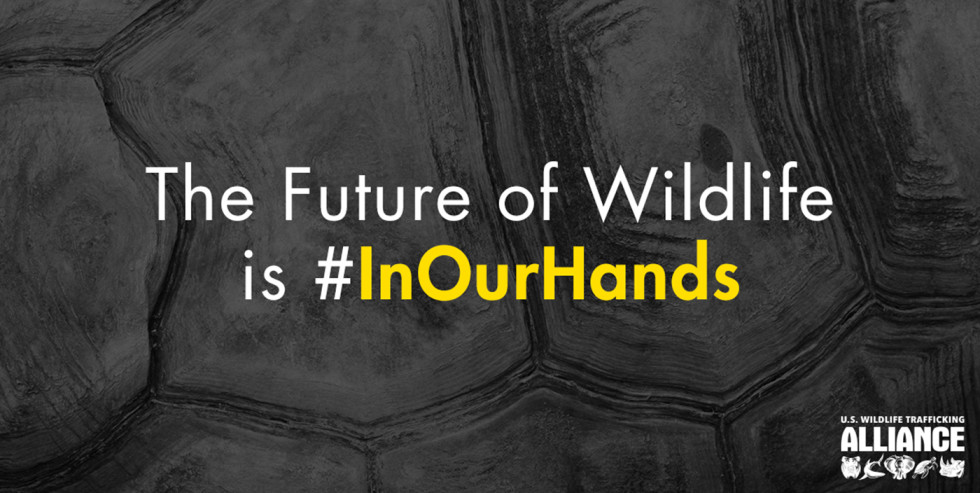Royal Caribbean announced today changes to its Safety, Environment and Health Team as the head of the department plans for his retirement.
Gary Bald, Senior Vice President, Safety, Security, Environment, Medical/Public Health and Situation Management for Royal Caribbean Cruises Ltd., will transition his duties to top corporate and federal security executiveJennifer Love as he prepares for his retirement in the Spring of 2016. Love will join Royal Caribbean on September 28, 2015.
Bald has worked for Royal Caribbean since 2006 and in his time, has overseen the company's environmental practices as well as the safety, security and health of the company's 62,000 employees, more than five million guests annually.
Replacing Bald is Jennifer Love, who has spent nearly 25 years at the Federal Bureau of Investigation. Most recently, Love was in charge of the enterprise-wide security programs and process for the Cablevision Systems Corporation and served as the company's chief liaison to local, state and federal law enforcement agencies.
"Gary has been a key figure in the development of Royal Caribbean's approach to safety, environment and health, and an important leader who has made significant contributions to the entire cruise industry," said Adam Goldstein, President and COO, Royal Caribbean Cruises Ltd. "Gary's leadership has enhanced the safety and security of our guests, crew and employees. We are privileged to have had Gary at Royal Caribbean"
Goldstein added: "We are very excited to have Jennifer Love join our team. I am confident Jennifer's skills and expertise will build on our momentum and take our company to even greater advances in our preparedness, procedures and systems."


